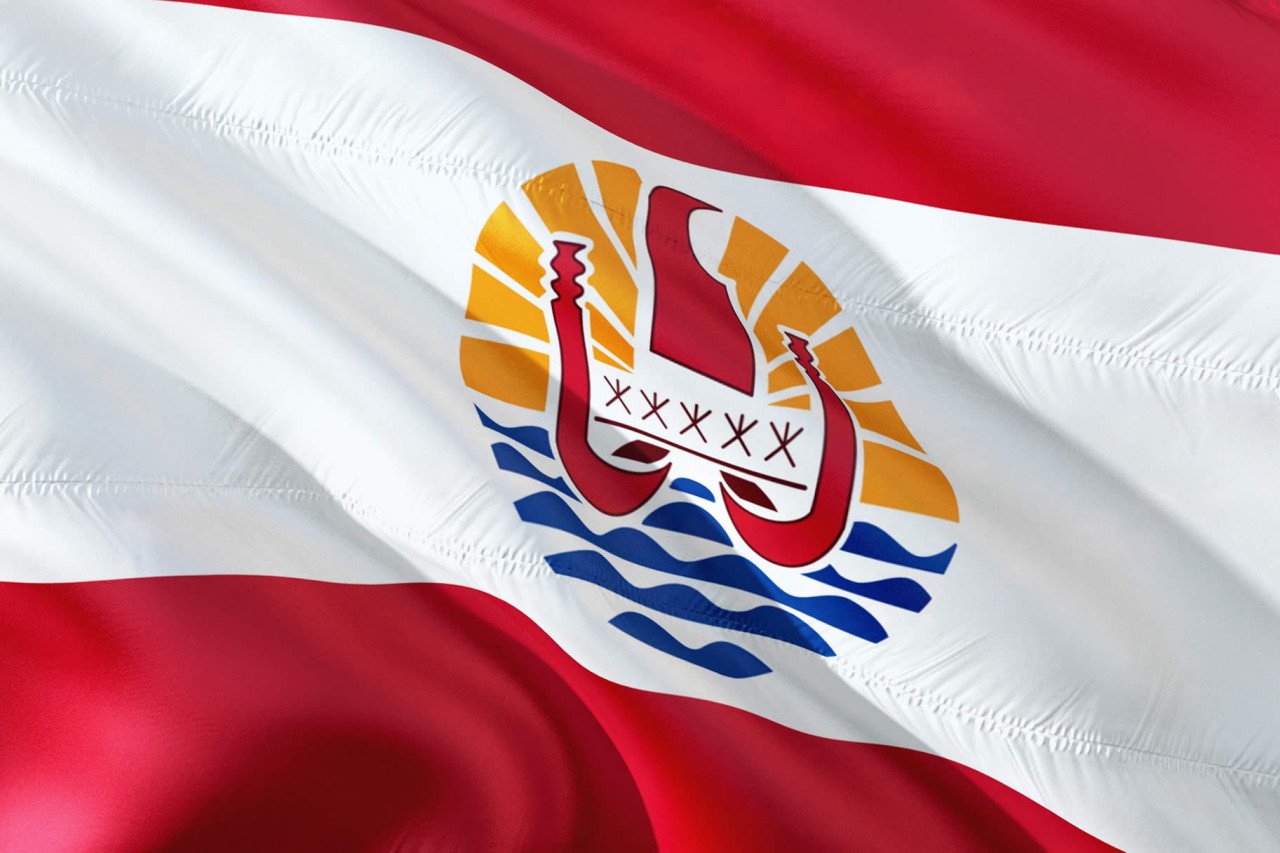Exploring the Significance of Internal Autonomy Day in French Polynesia

Internal Autonomy Day holds a profound significance in the heart of French Polynesia, marking a pivotal moment in its history and the ongoing struggle for self-determination. As observers worldwide commemorate this event on June 29 every year, it’s essential to delve deeper into its historical context, cultural implications, and the enduring legacy it leaves behind.
History of Internal Autonomy Day in French Polynesia
French Polynesia, an archipelago consisting of 121 islands and atolls, boasts a rich cultural heritage dating back to ancient times. The journey of its inhabitants, spanning centuries, reflects the resilience and spirit of exploration that define the region. Around 1500 B.C., Austronesian peoples embarked on a remarkable voyage across the Pacific Ocean, settling in the Marquesas Islands and eventually reaching the Society Islands by 300 A.D. This Great Polynesian Migration laid the foundation for the vibrant societies that flourished amidst the azure waters of French Polynesia.
The arrival of European explorers in the 16th century heralded a new era for French Polynesia. From the sighting of Puka-Puka by Ferdinand Magellan in 1521 to the establishment of Spanish and later French settlements, these encounters shaped the destiny of the islands. Centuries of colonial rule culminated in significant milestones for French Polynesia. In 1842, Tahiti and Tahuata were declared French protectorates, marking the beginning of formal French influence in the region. Despite initial resistance, the islands were eventually integrated into the overseas territories of France, with Polynesians granted French citizenship in 1946. The quest for self-governance was a gradual process, marked by milestones that culminated in the attainment of internal autonomy on September 6, 1984. This historic achievement symbolized the culmination of years of struggle and paved the way for the observance of Internal Autonomy Day on June 29.
Celebrating Internal Autonomy Day in French Polynesia
Internal Autonomy Day is not merely a commemoration of political milestones; it is a celebration of cultural identity and resilience. From the vibrant streets of Papeete to the tranquil shores of distant atolls, the spirit of Tahitian and French Polynesian heritage shines through in colorful parades, lively festivities, and stirring performances. French Polynesia’s rich tapestry of languages, traditions, and customs is a testament to the diversity that defines the region. As we honor Internal Autonomy Day, we embrace the values of unity amidst diversity, recognizing the shared aspirations of a people bound by a common destiny.
As we look towards the future, Internal Autonomy Day serves as a reminder of the challenges that lie ahead. While French Polynesia has made significant strides towards self-governance, the journey towards complete autonomy remains unfinished. It is incumbent upon us to preserve the legacy of Internal Autonomy Day and to continue advocating for the rights and aspirations of the people of French Polynesia.
Internal Autonomy Day stands as a beacon of hope and resilience in the annals of French Polynesian history. As we reflect on the journey of a people towards self-determination, let us reaffirm our commitment to preserving the cultural heritage, embracing diversity, and charting a course towards a future defined by unity and autonomy.
Observer Voice is the one stop site for National, International news, Sports, Editor’s Choice, Art/culture contents, Quotes and much more. We also cover historical contents. Historical contents includes World History, Indian History, and what happened today. The website also covers Entertainment across the India and World.

